May 31, 2025 | 01:31 GMT +7
May 31, 2025 | 01:31 GMT +7
Hotline: 0913.378.918
May 31, 2025 | 01:31 GMT +7
Hotline: 0913.378.918
Aquilaria is originally a wild tree, growing in the deep forest. The year 1980 was considered the birth of agarwood farming in Phuc Trach commune, Huong Khe district (Ha Tinh). Over time, the Aquilaria trees were moved from deep forests to people's gardens. Starting from a small scale of 1 ha or 2 ha, the area of planting trees in Phuc Trach commune has now reached over 300 ha, with more than 1,800 households participating in planting, equivalent to 98 - 99% of the total number of households in the whole commune.
“In recent years, many households planted Aquilaria on a large scale and established production and business establishments, processing agarwood products, buds, bass, and handicrafts with high economic value. Many of the commune’s products made from Aquilaria trees have been recognized as 3-star OCOP products, bringing the economic value of nearly VND 100 billion per year,” said Tran Quoc Khanh, Chairman of Phuc Trach Commune People's Committee.
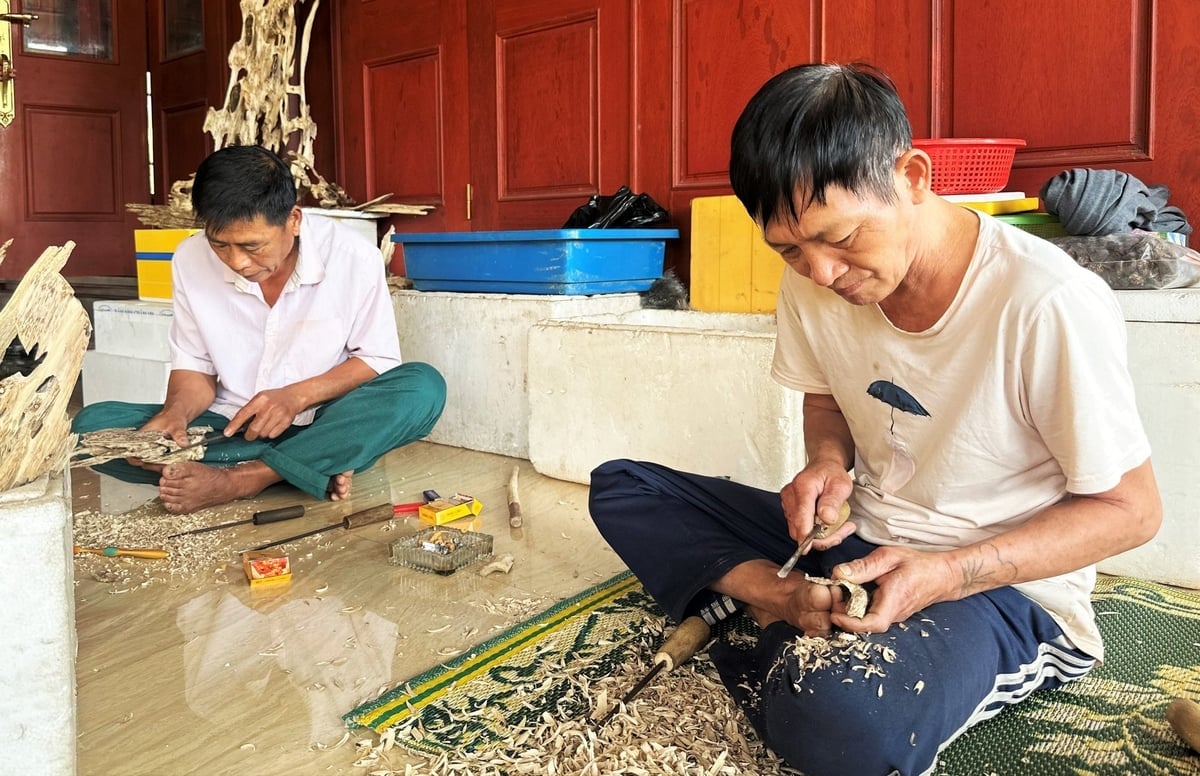
Every year, agarwood production brings nearly VND 100 billion of economic value to the people of Huong Khe. Photo: Thanh Nga.
Dinh Cong Anh (born in 1928) is regarded as the "ancestor" of the agarwood production art. In the 1980s, Phuc Trach commune was still poor, the fields were arid because of the lack of water. Phuc Trach grapefruit was a famous specialty back then, but not every home could afford to plant it.
Intertwining with the palm-roofing houses are the hundred-year-old Aquilaria trees, rising high and lush of life, shading to protect generations of Phuc Trach people. From the Aquilaria stumps that were only used as firewood and discarded to make space for housing, Anh learned the way to find agarwood. After accumulating sufficient experience, Anh hired people in the neighborhood to work, while he was looking for the market himself, exporting the goods from the South to the North.
He has "retired" for more than 10 years, leaving the stage to the younger generation. Phuc Trach agarwood making its name known in the country is out of the question, but to reach out to the world, there remain certain holes, including brand protection.

The trademark protection for Phuc Trach agarwood has not been paid much attention. Photo: Thanh Nga.
In mid-2024, state management agencies and establishments producing and trading agarwood were in shock upon hearing the news that the Phuc Trach agarwood stem borer had been registered for brand protection in South Korea. One thing to note is that the brand protection units are not from Phuc Trach and Huong Khe but have a household registration in the land of kimchi.
According to Tuong Minh, General Director of Concetti Co., Ltd. (Hanoi), through the lookup of trademarks, this business discovered the brand "Phuc Trach Agarwood Larva" (roughly translated: Huong Phuc Trach Larvae) has been protected in South Korea. The fact that it was registered for protection in group 3 meant that frankincense essential oil products when branded "Phuc Trach Agarwood" if exported to South Korea will be at risk of not being cleared as they would be considered fake goods.
“Other businesses in Vietnam registered the trademark "Phuc Trach Agarwood" in South Korea will be rejected because this phrase largely coincides with the protected brand. Although we can exercise the right to request the cancellation against a trademark registration, it will take a lot of effort, funding and time (not less than 2 years),” said General Director Tuong Minh.
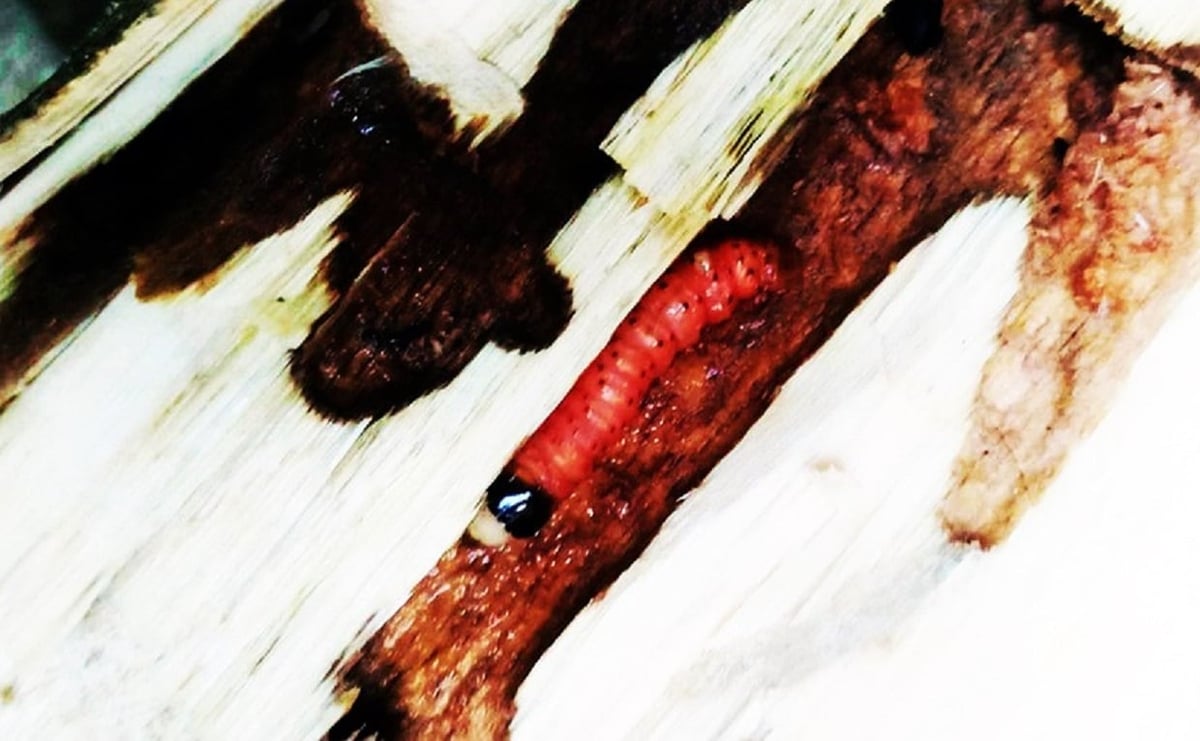
Aquilaria stem borer. Photo: TN.
Information from Tran Manh Hung, Head of Technology Management Office (Ha Tinh Department of Science and Technology) shows that there have been many stories in recent years about Vietnamese products, goods and services lost their trademarks abroad, for example, "Ben Tre Coconut Candy", "Trung Nguyen Coffee", "Buon Me Thuot Coffee", "Vinataba Tobacco", "Phu Quoc Fish Sauce", “Duy Loi Foldable Hammock”, "Petro Vietnam", and the most recent being “ST25 Rice" and "Pho Thin".
Enterprises, production and business establishments in Vietnam in general and in Ha Tinh in particular have not really been proactive in equipping essential knowledge and fully implementing intellectual property measures to protect the rights of business activities.
Establishments and businesses often do not care about the registration of trademark protection and geographical indications for their products and services. Some of them have registered for trademark protection in Vietnam but do not pay attention to an important feature of intellectual property protection which is its territorial aspect. They keep performing marketing activities without care, linking products and goods to foreign countries without implementing protection measures in their export market.
Losing intellectual property in foreign countries will lead to many issues. Businesses lose their standing in the market and the opportunity to export abroad, and face the risk of litigation or having their exports blocked on the border of the importing country. They may spend a lot of time, money and effort to reclaim their own brands. They also are unable to enjoy the benefits from the free trade agreements that Vietnam has recently signed such as CPTPP, EVFTA and RCEP.
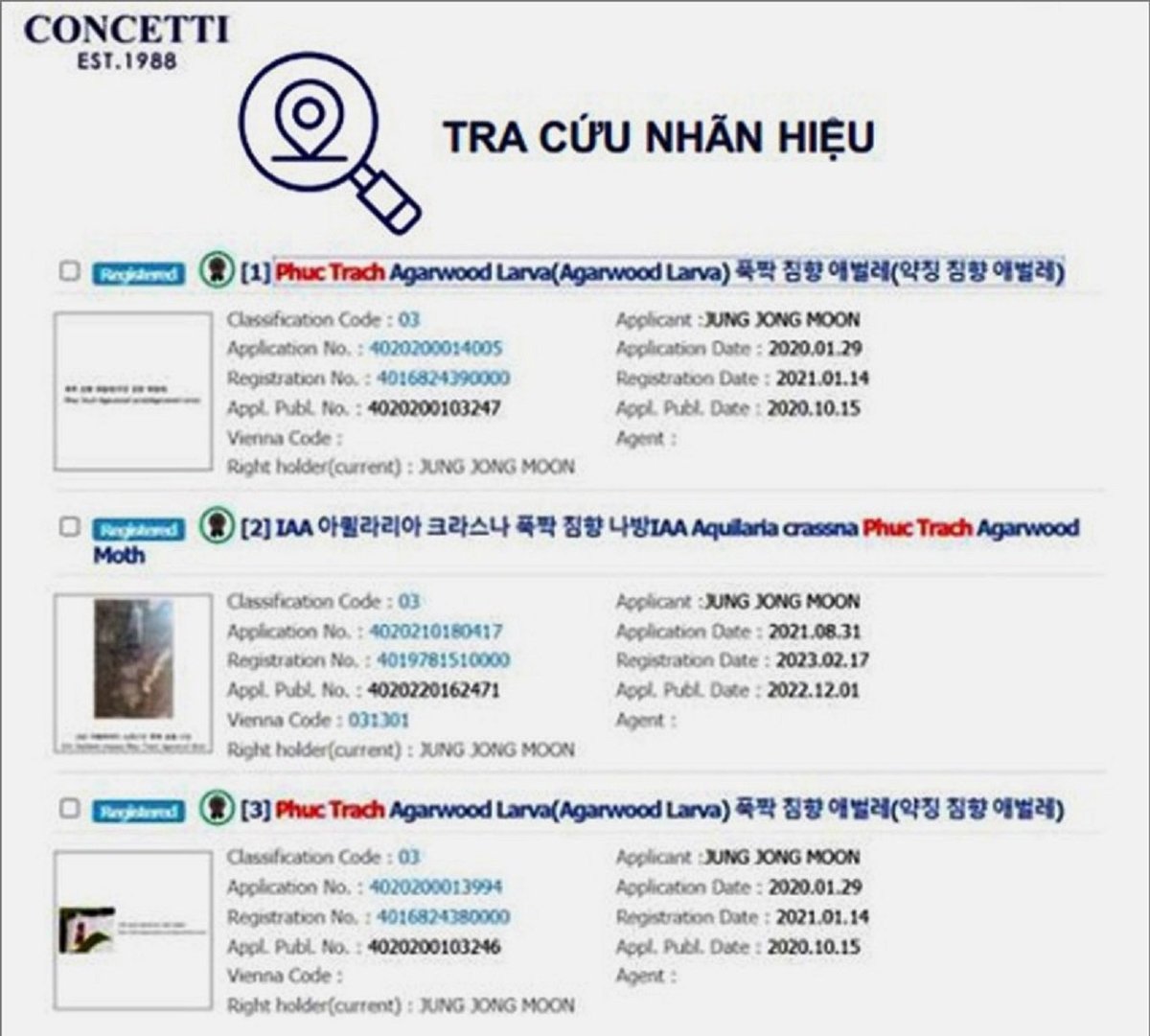
The brand "Phuc Trach Agarwood Larva" has been protected in South Korea. Photo: TN.
“In the future, the need to export products and goods of Ha Tinh will hold immense potential and an indispensable trend in the era of economic integration. Establishments and businesses need to change their mindset and raise the issue of intellectual property in accordance with its importance so that the same specialized industry can register for protection in countries with export markets.
“The provincial establishments, businesses and products can thus be more proactive, limiting the risks arising in the process of participating in international trade activities. They can utilize intellectual property tools to promote the competitiveness of products and goods and enhance their value when going to the international market,” said Tran Manh Hung, Head of Technology Management Office (Ha Tinh Department of Science and Technology).
Translated by Samuel Pham
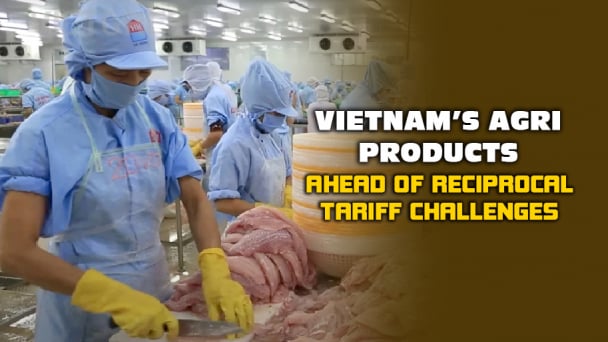
(VAN) Reciprocal tariffs are exerting pressure on U.S. exports, prompting Vietnamese firms to shift their focus to Muslim markets, Thailand, and Brazil.
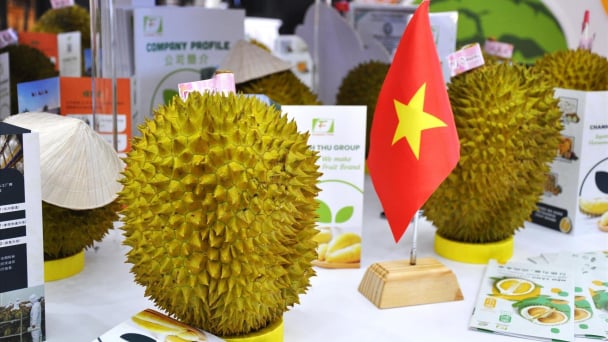
(VAN) A free booth for two years at Xinfadi, Beijing's largest wholesale market, will be allocated to Vietnam's agricultural products.
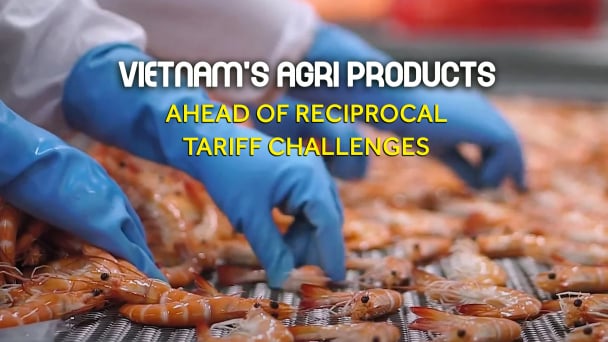
(VAN) Vietnamese shrimp exporters are actively looking for alternative markets and accelerating shipments to the United States in response to the pressure of impending reciprocal tariffs. This is occurring during a temporary tariff suspension.

(VAN) The import-export turnover between Vietnam and Singapore rose amid a trade rebound, with machinery, electrical equipment, and fuels making up the majority of the transaction value.

(VAN) Director General of the General Administration of Customs of China, Ms. Sun Mai Jun, has pledged to implement measures that will ease the import process for Vietnamese agricultural products.

(VAN) Although Vietnam is still increasing its coffee exports, the industry is currently in the process of determining market strategies in response to the U.S. imposition of reciprocal tariffs.

(VAN) With rising demand in Muslim-majority countries, Halal certification is becoming a critical passport for Vietnamese agricultural products seeking sustainable market access and consumer trust in the Middle East and Africa.